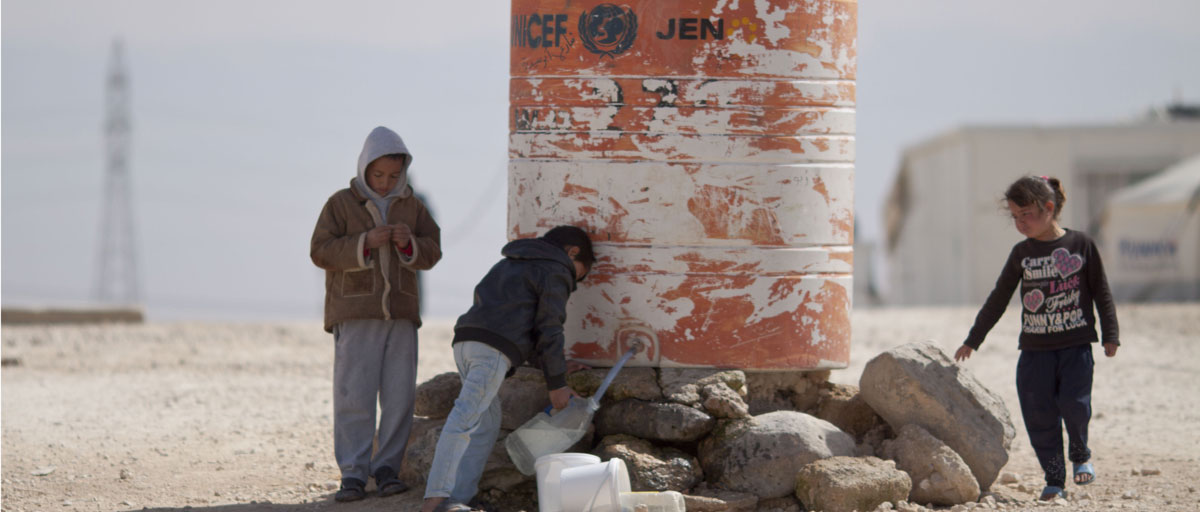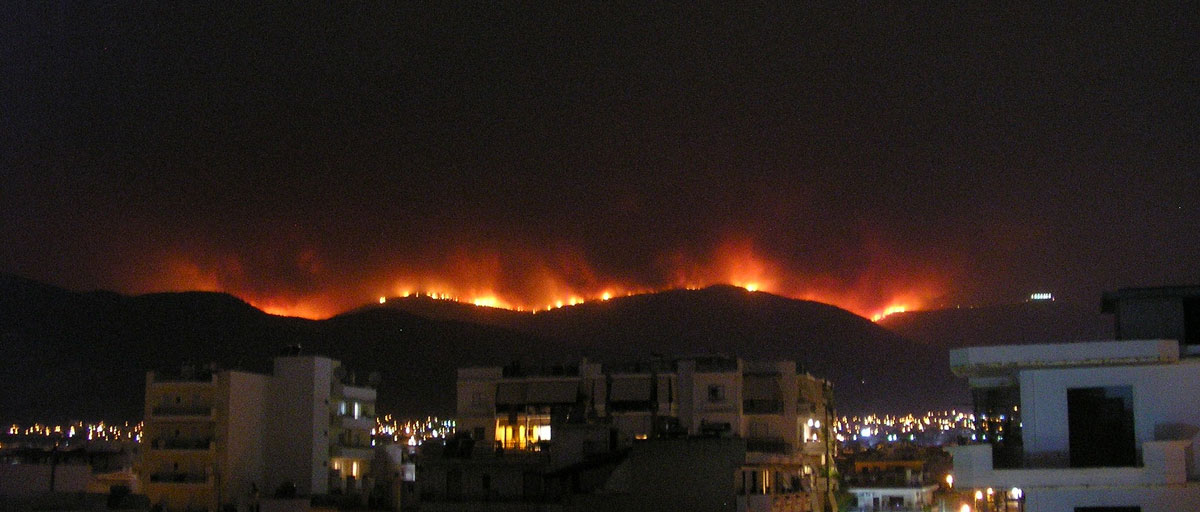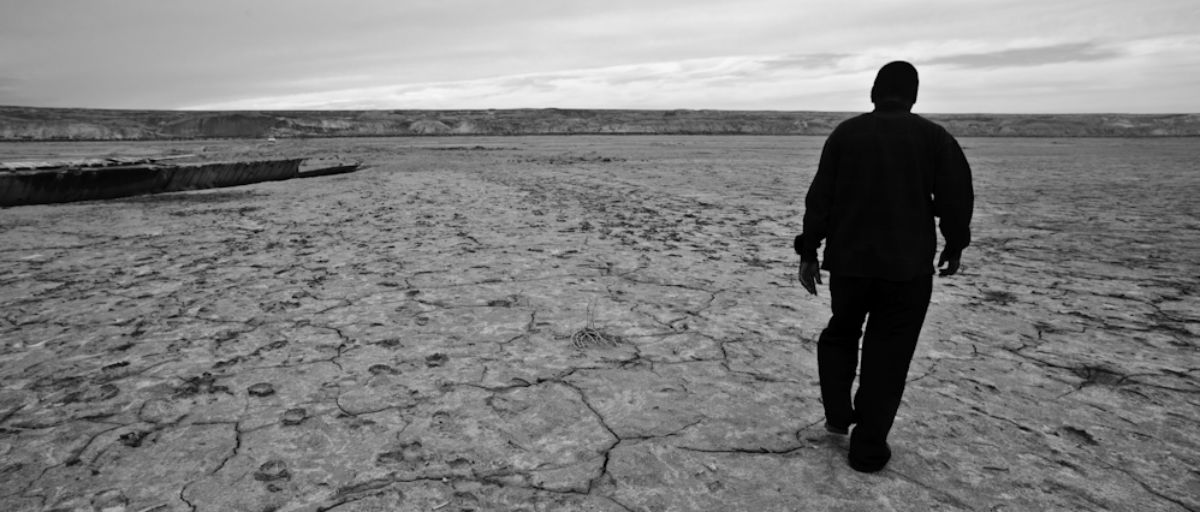
In spite of a growing understanding that climate change is influencing the international peace and security agenda, many experts still perceive an institutional gap for addressing these risks within the UN system. A new Stockholm based knowledge hub on the security implications of climate change will provide science based support for managing climate-related security risks. Photo: Mustafa Bader/Wikimedia Commons
Bildtext får vara max två rader text. Hela texten ska högerjusteras om den bara ska innehålla fotobyline! Photo: B. Christensen/Azote
CLIMATE SECURITY
New Swedish initiative to highlight climate-security links
Centre joins collaboration with the Stockholm Environment Institute (SEI), Stockholm International Peace Research Institute (SIPRI) and Stockholm International Water Institute (SIWI)
- The Stockholm Climate Security Hub, will provide science based support for managing climate-related security risks and is supported by the Swedish Ministry of Foreign Affairs
- Sweden and many other member states support the development of an institutional home for climate-related security risks in the UN system
- SRC has been deeply involved in research and policy collaborations with both the SEI and SIWI for many years and now look forward to work more closely together also with SIPRI
Svensk sammanfattning: "Dags att sätta klimatsäkerhet i centrum"
A Stockholm based cross-institutional knowledge hub on the security implications of climate change was launched during the 2018 World Water Week in Stockholm. The hub, called the Stockholm Climate Security Hub, will provide science based support for managing climate-related security risks and is supported by the Swedish Ministry of Foreign Affairs (MFA) and builds on the complementary strengths of the four institutions.
"The Swedish Government has put climate security on the agenda of the UN Security Council the last year, so this new hub will provide the four research institutes with a very interesting opportunity to contribute with our science to ongoing work in the whole UN system," says Victor Galaz, associate professor in political science and centre deputy director.
Bridging an institutional gap
In spite of a growing understanding that climate change is influencing the international peace and security agenda, many experts still perceive an institutional gap for addressing these risks within the UN system. As a consequence, Sweden and many other member states support the development of an institutional home for climate-related security risks in the UN system.
In its contributions to the new hub, the Stockholm Resilience Centre (SRC) will draw on previous and current collaborations and research on climate resilience, biosphere stewardship and development, in particular from the Global Resilience Partnership (hosted by the SRC), GRAID (also hosted by the SRC), the Programme on Ecosystem Change and Society and Swedbio .in addition to other on-going national and international research collaborations.
SRC has been deeply involved in research and policy collaborations with both the SEI and SIWI for many years and now look forward to work more closely together with SIPRI.
Already in December 2017, SRC co-hosted a seminar with SIPRI and the Ministry for Foreign Affairs on response strategies to climate-related security challenges. The seminar concluded that there is a need to better identify and respond to the risks of instability and conflict arising from the interaction of climate change, environmental and ecological degradation and social, economic, demographic and political factors. This also summarizes quite well the overarching challenges that the new climate security hub will focus on.
Read more about the Stockholm Climate Security Hub here
Click below to read more about the hub partners
Stockholm Environment Institute








